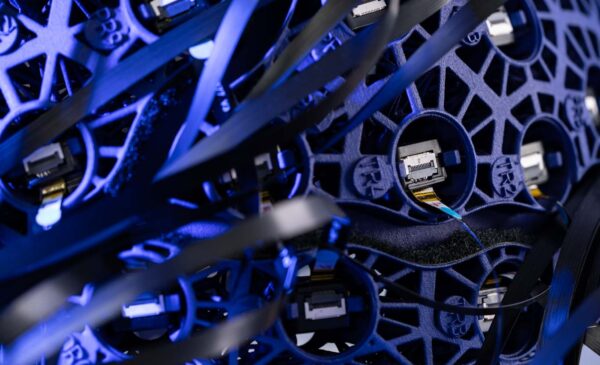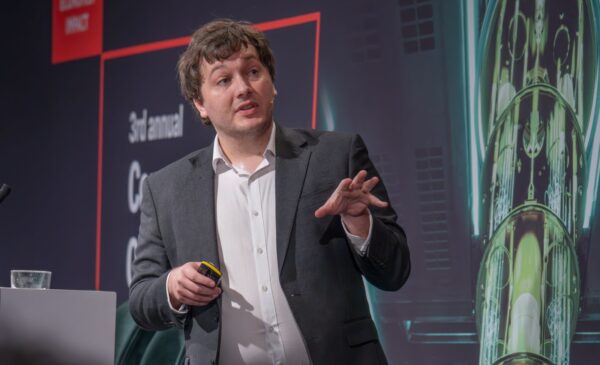A new International Network set up by QT Hub Sensors and Timing researchers at the University of Birmingham aims to tackle global challenges, as set out in the UN Sustainable Development Goals. Since the set up of the UK National Quantum Technologies Programme in 2014, significant progress has been made in developing quantum sensor technology to accelerate productivity across the UK’s sectors, but this project marks the first time scientists will be working across the globe with policy experts and cross-disciplinary researchers.
The International Network for Sensor and Timing Applications in Quantum Technologies (INSTA-QT), which has received £500,000 in EPSRC funding, has partnered with scientists in 12 countries, including Angola, Germany and Zimbabwe, to establish Global Virtual Workshops, specific to the different global challenges, which are: no poverty, zero hunger; good health and wellbeing; climate action; clean water and sanitation and sustainable cities and communities. All involved centres will work together to take a strategic approach in linking problem areas to carefully considered solutions, with the advantage of collaborating across a collectively large number of experts across a very wide geographical breadth.
Led by Professor Kai Bongs, Principal Investigator at the UK Quantum Technology Hub Sensors and Timing, and Professor Nicole Metje, Head of Enterprise, Engagement & Impact at the University of Birmingham’s School of Engineering and Director of the National Buried Infrastructure Facility, INSTA-QT will not only focus on improving societal problems across the world with quantum technologies but will also in turn contribute to an urgently needed growth in quantum skills and expertise in the UK.
The project will focus on virtual and in person workshops for networking opportunities between the UK researchers and the global project partners to identify the needs and synergistic opportunities. The workshops will be hosted by partners across the consortium, to ensure discussions and perspectives are varied. Trials will also be conducted as part of the project to determine potential solutions, using facilities such as the Clock and Oscillator Characterisation Facility (NPL); Networked Radar Facility and the National Buried Infrastructure Facility (University of Birmingham); Quantum Magnetometer Magnetoencephalography Facility (University of Strathclyde) and the Geo-energy Testbed (British Geological Survey/University of Nottingham).
“We are delighted to receive this funding for a project which is the first of its kind. INSTA-QT aims to exploit quantum sensor technology to help those suffering from poverty and natural disasters, paving the way for a global network of cross-disciplinary researchers to link novel technologies with solutions to help improve life for so many people.”Professor Kai Bongs, Principal Investigator at the UK Quantum Technology Hub Sensors and Timing
INSTA-QT ultimately aims to build lasting international and multi-disciplinary collaborations which will result in tangible, measurable impact on global issues.
For more information on this project, please contact: Joanna Fletcher at [email protected].




